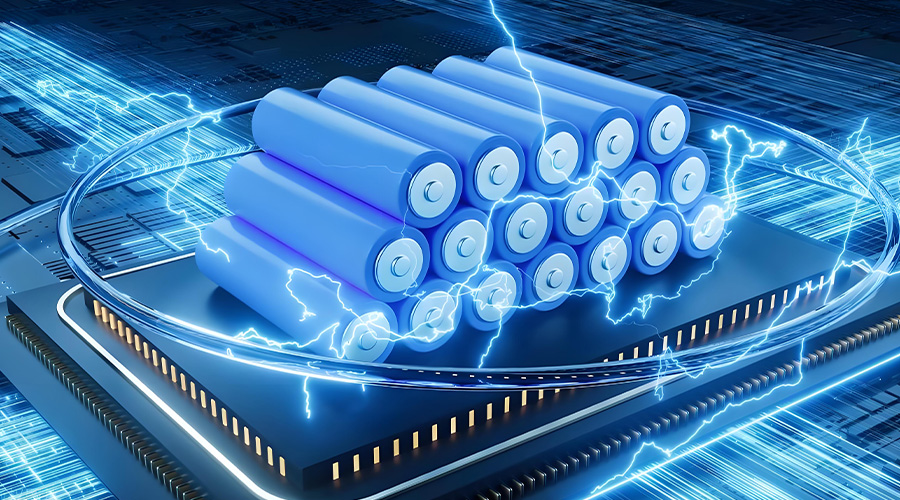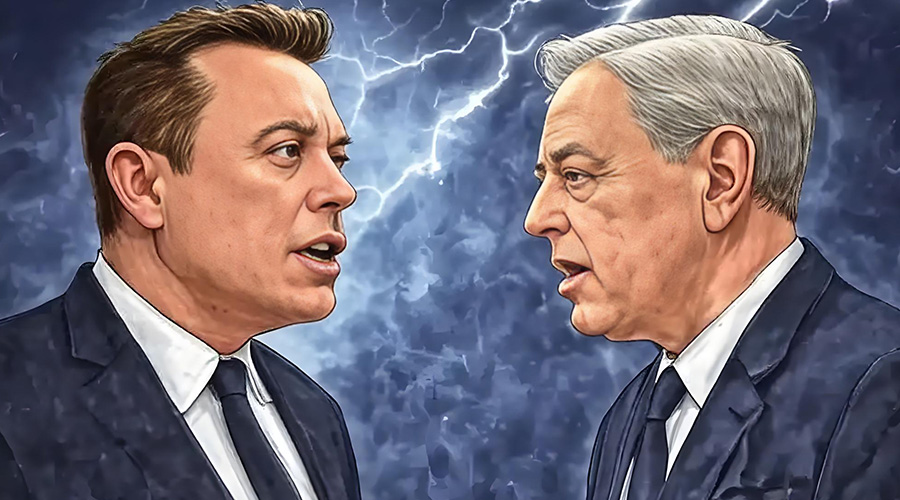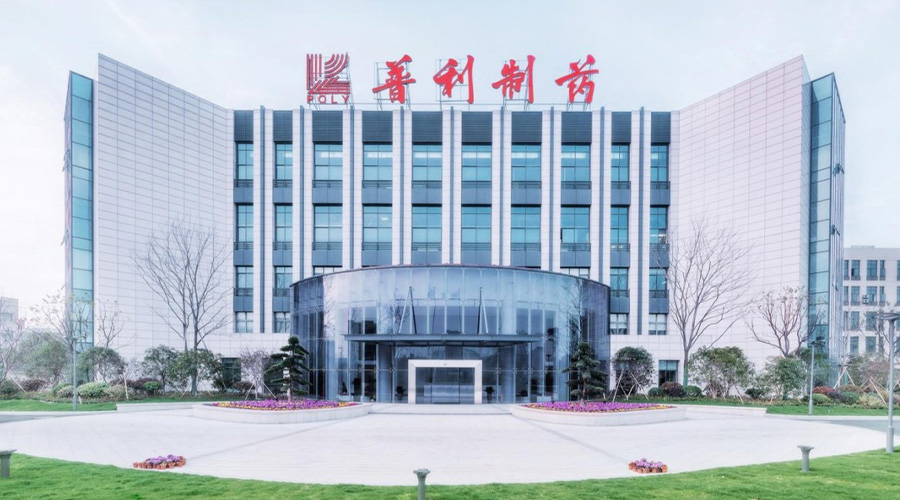🔥What warnings do we get from the lithium battery turning from an advantageous industry into a shit?
What warnings does the transformation of the lithium-ion battery industry from an advantageous sector to a struggling one bring us?
Blind Expansion Leading to Overcapacity
In recent years, fueled by the rapid global growth in demand for clean energy and electric vehicles, the lithium-ion battery industry has undergone unprecedented expansion. With substantial financial subsidies, tax incentives, and other policy supports, the domestic industry almost entirely overlooked market supply-demand dynamics, embarking on blind expansion. In the absence of effective regulation, enterprises continually scaled up their production capacities. As these capacities gradually came into play, severe overcapacity emerged in the domestic market. Meanwhile, globally, a significant amount of lithium-ion battery capacity is under construction or in planning, further intensifying market competition.
Cost Pressures Arising from Rapid Technological Iteration
The lithium-ion battery industry is both technology-intensive and capital-intensive, characterized by swift technological iteration. To remain competitive, companies must continually invest in R&D to enhance battery performance metrics such as energy density, safety, and cycle life. However, this rapid iteration also imposes cost pressures. On one hand, substantial funding is required for R&D and new technology adoption. On the other hand, the industrialization of new technologies is uncertain, potentially leading to investment failures or products that fail to meet performance expectations.
Price Wars Resulting in Profit Declines or Losses
As subsidy policies diminish or are abolished, market demand dwindles. Simultaneously, overcapacity leads to mounting inventories, while intensifying market competition puts some enterprises under existential pressure. This has prompted price wars, detrimental to the healthy development of the industry, with many companies experiencing sharp profit declines or severe losses.
Tariff Shelter in International Trade
The proliferation of fiscal subsidies and tax incentives contributed to overcapacity. To survive or expand market share, domestic players resorted to price wars. To prevent these price wars from spilling over into their countries and shield local enterprises from unfair competition, various nations have raised tariffs to offset the low-price advantage of foreign products due to subsidies. This phenomenon is deteriorating the international trade environment and significantly impacting the export of lithium-ion battery products.
Stock Market Performance Amid Overcapacity
Overcapacity results in substantial inventory accumulation, leading to impairment charges on inventories and a surge in bad debt provisions from accounts receivable due to aggressive concessions to downstream buyers (prolonging payment cycles). Price wars drastically reduce corporate profits, triggering steep stock market crashes (exceeding 80% declines), akin to imminent bankruptcy.








Comments (0)